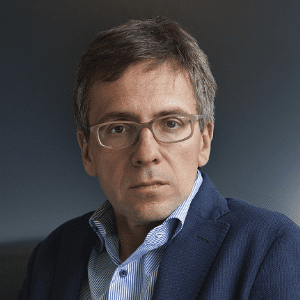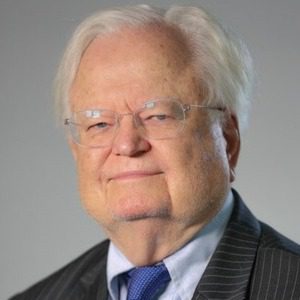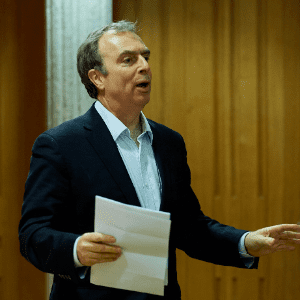- Debates
Features
Topics
Upcoming debates
-
-
-
Since the beginning of Russia’s invasion of Ukraine, the United States has provided more than $75 billion in aid to Ukraine, which has been directed toward military operations, economic support, and humanitarian assistance. As the war has gone on, members of Congress have questioned whether we have done enough to help the country and if continuing funding is sustainable. Those who want to continue funding Ukraine say the U.S. has a moral obligation to support the country in its time of need, it sustains alliances while serving strategic interests, and it demonstrates the United States's support of democratic values and sovereignty. Those arguing it’s time to end the funding say that it diverts necessary resources that could go toward domestic and foreign priorities. They also question whether the funds are being used efficiently, whether the war is winnable, and whether providing military aid is genuinely contributing to a path toward peace. With this crucial background, we debate the question: Should Congress Stop Funding the War in Ukraine? This debate was recorded live for an invite-only audience at the Council on Foreign Relations in New York City.Friday, April 12, 2024
-
- Insights
- About
-

SUPPORT OPEN-MINDED DEBATE
Help us bring debate to communities and classrooms across the nation.
Donate
- Header Bottom


















JOIN THE CONVERSATION